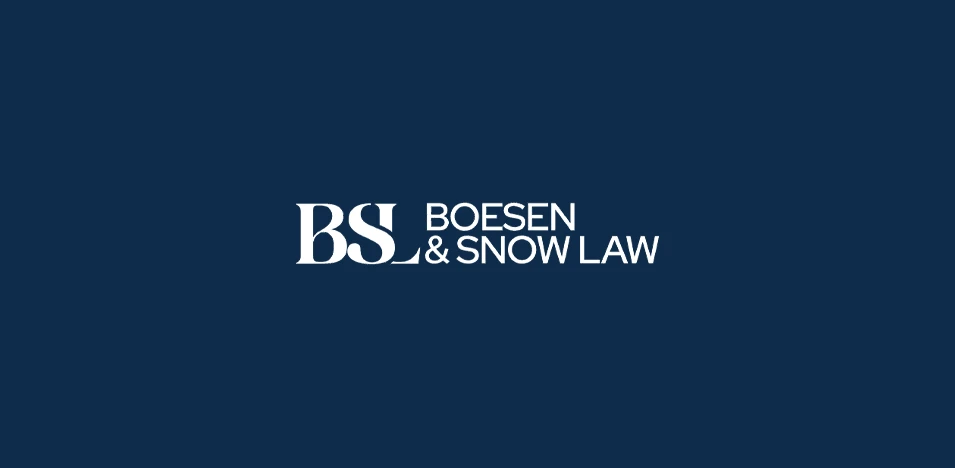Serving Clients Nationwide.
Schedule A Consultation
How can I avoid violating the anti-kickback statute?

The anti-kickback statute was passed in 1972 to prevent doctors or physicians from receiving and accepting a bribe to refer patients to certain facilities or programs. Congress also enacted this law to protect healthcare patients and government-run health programs and eliminate this type of abuse and fraud.
Violating this law can have severe consequences and could impact your medical career. There are also voluntary, safe harbors that protect specific types of referrals from prosecution.
What are the voluntary safe harbors?
Safe harbors protect certain agreements and payments that Congress views as harmless. The following are a few agreements that qualify as a safe harbor and allow payments for:
- Renting office space and medical equipment
- Investing in publicly-owned medical or pharmaceutical corporations
- Selling a medical practice
- Referring patients based on a service agreement
- Recruiting healthcare practitioners to neglected areas
It is crucial to maintaining your medical license and integrity that you stay compliant with the anti-kickback statute. Otherwise, you could face harsh penalties.
Penalties for violating the anti-kickback statute
You must have willfully violated this law to be found guilty. There must also be evidence that you entered into an agreement with the intent of gaining something from the deal. Some penalties for disobeying the anti-kickback statute are:
- Up to $25,000 in fines per occurrence
- Up to five years in jail per event
- Civil penalties of $50,000 or less for each violation
- Fines up to three times of the kickback amount
- Potential suspension or expulsion from government health programs
It is worth noting that you could face criminal and civil penalties for violating the anti-kickback statute.
If you have any worries about violating the anti-kickback statute, you may want to reach out to a health care lawyer. They will understand the minute details involved with this law. Your attorney can also provide guidance that complies with the statute.
Schedule a Free Consultation
Fields marked with an * are required

